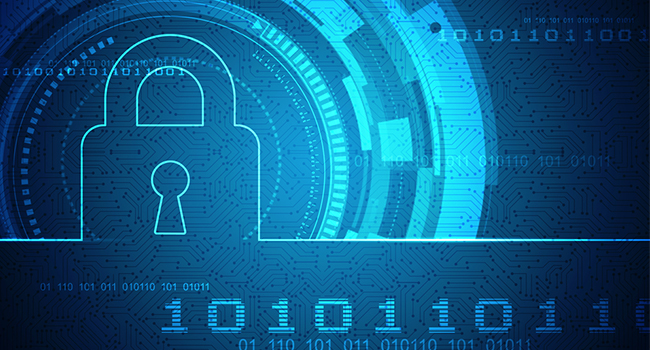
This Key Industry is Way Behind on Data Security
- By Sydny Shepard
- Nov 12, 2015
Despite high-profile attacks against health care facilities, the health care industry continues to shortchange Americans when it comes to protecting their personal information and medical records, CNBC reports.
In a new report from Forrester, analyst Stephanie Balaouras believes when it comes to preparedness, “they’re woefully behind.”
“[The health care industry] has done it begrudgingly and they’ve done it as something that they need to comply with at the lowest possible cost, as opposed to something they really embrace,” Balaouras said.
The research shows that health care facilities provide the smallest and amount of data security in order to achieve compliance with The Health Insurance Portability and Accountability Act. HIPPA provides federal protections for personally identifiable information held by providers and their associates, and gives patients certain rights regarding that information.
As much as innovations in health care and connected devices – from GPS-enables asthma inhalers to wearable tech tattoos that monitor vital signs- - means improvements in human health and longevity, they also mean more ways cybercriminals can steal private data.
The data can also be extremely valuable, giving hackers an incentive to go after it. Cybercriminals prize medical files because the information tends to stay fresh and usable longer than credit card or checking account numbers. In unauthorized hands, a patient file with a Social Security number, address, family history and confidential medical history can enable insurance fraud and other swindles, even blackmail.
“When you think of a medical record, it encompasses a lot of the same personally identifiable information that a cybercriminal might gain from breaching a retailer,” said Balaouras. “But now, they also have more extensive medical information about you.”
The research predicts that 2016 hackers will release ransomware for a medical device or wearable.
Over the last 14 months, the five biggest breaches accounted for 77 percent of all breached records, and the Anthem Blue cross Blue Shield breach is second only to Home Depot in terms of the number of victims. Premera Blue Cross also made top five, a September 2014 hack attack breached 11 million customer records.
Yet insurance companies, hospitals and doctors allocate an average of just 14 percent of their IT budgets to security. By contrast other industries, many of which are far less attractive to cybercriminals, are investing upwards of 20 percent.
In light of the rise in data security breaches, Forrester has this advice to the industry: adopt two factor authentication for access to databases containing sensitive patient information, use behavioral analytics to identify suspicious behavior and realize that identity protection is no longer good enough mea culpa.
About the Author
Sydny Shepard is the Executive Editor of Campus Security & Life Safety.